24 Hours Hotline: +86 137-3541-1378
Email:[email protected]
24 Hours Hotline: +86 137-3541-1378
Email:[email protected]
China is country that should be in your list. It is a very attractive and beautiful country. The best time traveling to China from US should be in Spring (Apr. & May) and Autumn (Sept. & Oct.) as the climate is very pleasant and the veiw is stunning. Flight makes your journey from America to China and return America from China very easy. If you are interested in Chinese history and culture, Beijing, Xian and Luoyang are recommended; If you are interested in spectacular natural scenery in China, Guilin, Hangzhou, Mt. Huangshan, Zhangjiajie, Yangtze River Cruise are highly reommended. We have handpacked the most popular China tour packages from America that help you discover more about China's culture, history, architecture, cuisine, or landscapes.
Top Selling China Tour Packages From America
11 Days Beijing Xian Guilin Shanghai Tour From Los Angeles
If you are the first time travel to China from Los Angeles, Bejing, Xian, Guilin, Shanghai tours are what we recommended. 11 Days China Tour covers most of highlights of those cities, accompanied by your expert guide, you will wander around tranquil classical Chinese garden, marvel at the life-like terracotta warriors, hike along the magnificent Great Wall, and cruise down the picturesque Li River with fascinating landscape unfolding in front of your eyes.
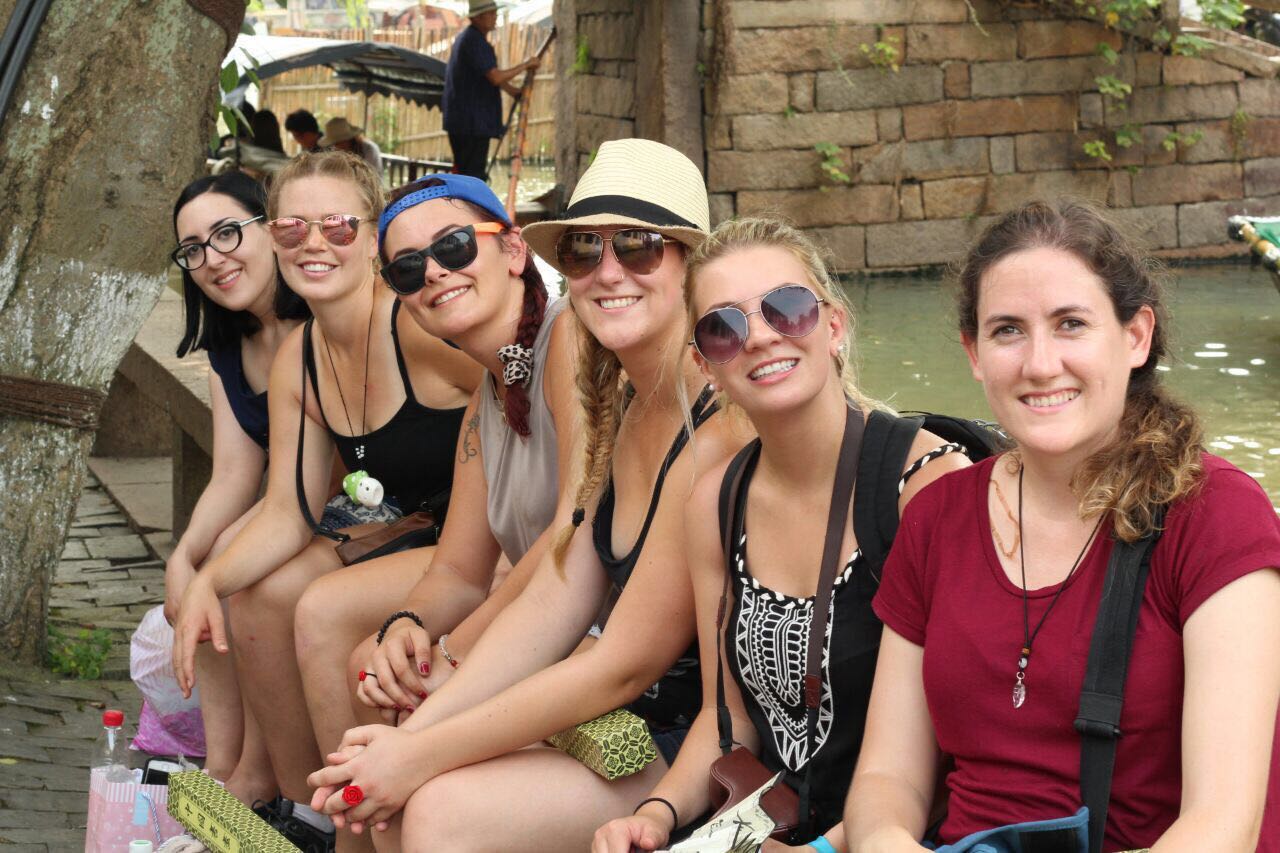
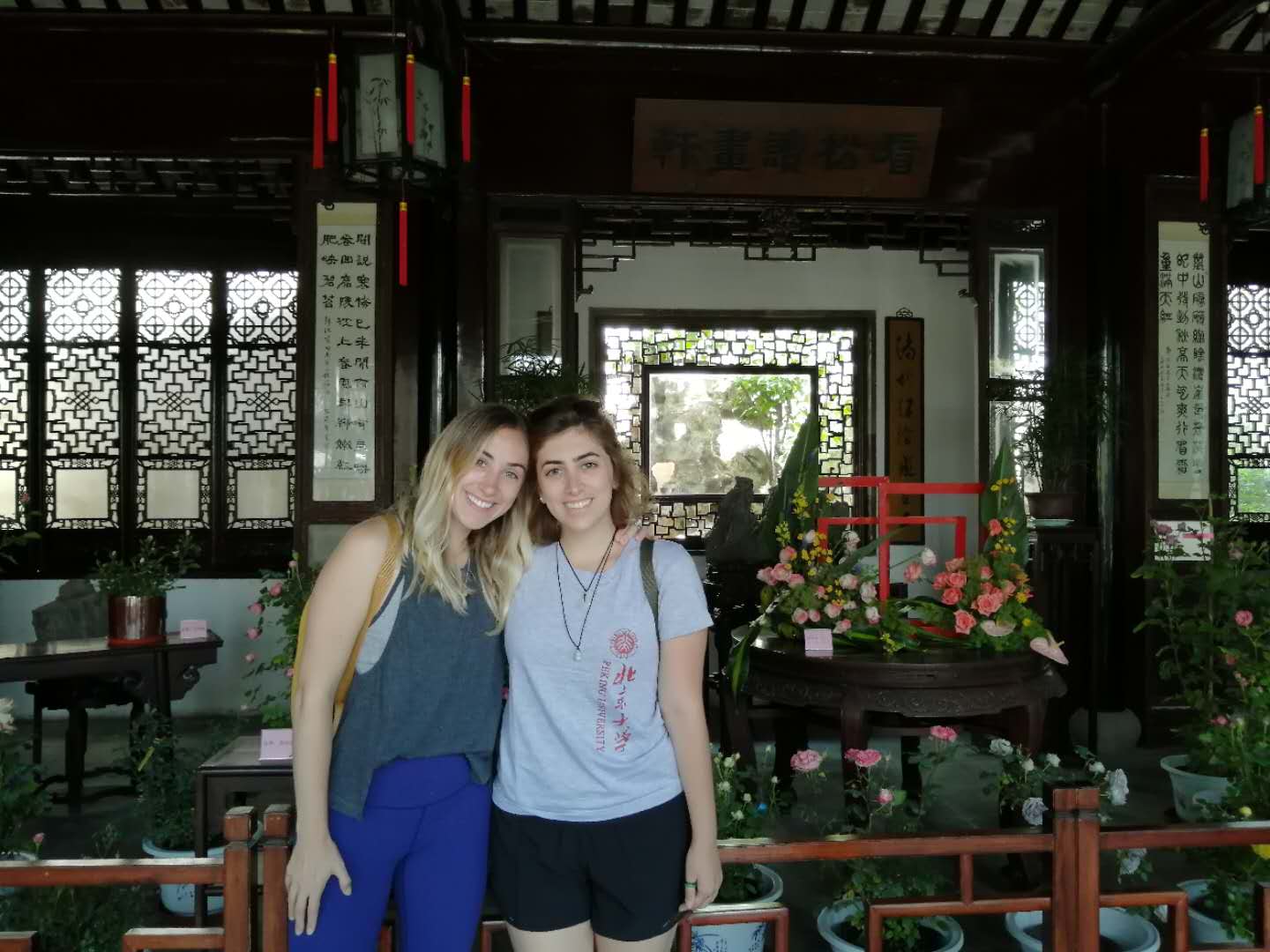
China Tour From America: 72-Hour Visa Free Essence in Beijing
China has unified the object of China 72-Hour and 144-Hour Visa-free Transit to total 53 countries in 4 continentes, which means citizens coming from America can apply for a 'no-visa' transit tour in Beijing, Shanghai, Xian, Guangzhou, etc. China Tour from America: 72-Hour Visa Free essece tour in Beijing is specially designed for those who want Beijing layover tour. This Beijing tour offers one-stop service from airport-city-airport or from cruise port terminal-city-cruise port terminal. Professional guide, transportation, entrance fees and hotel accommodations are all included.
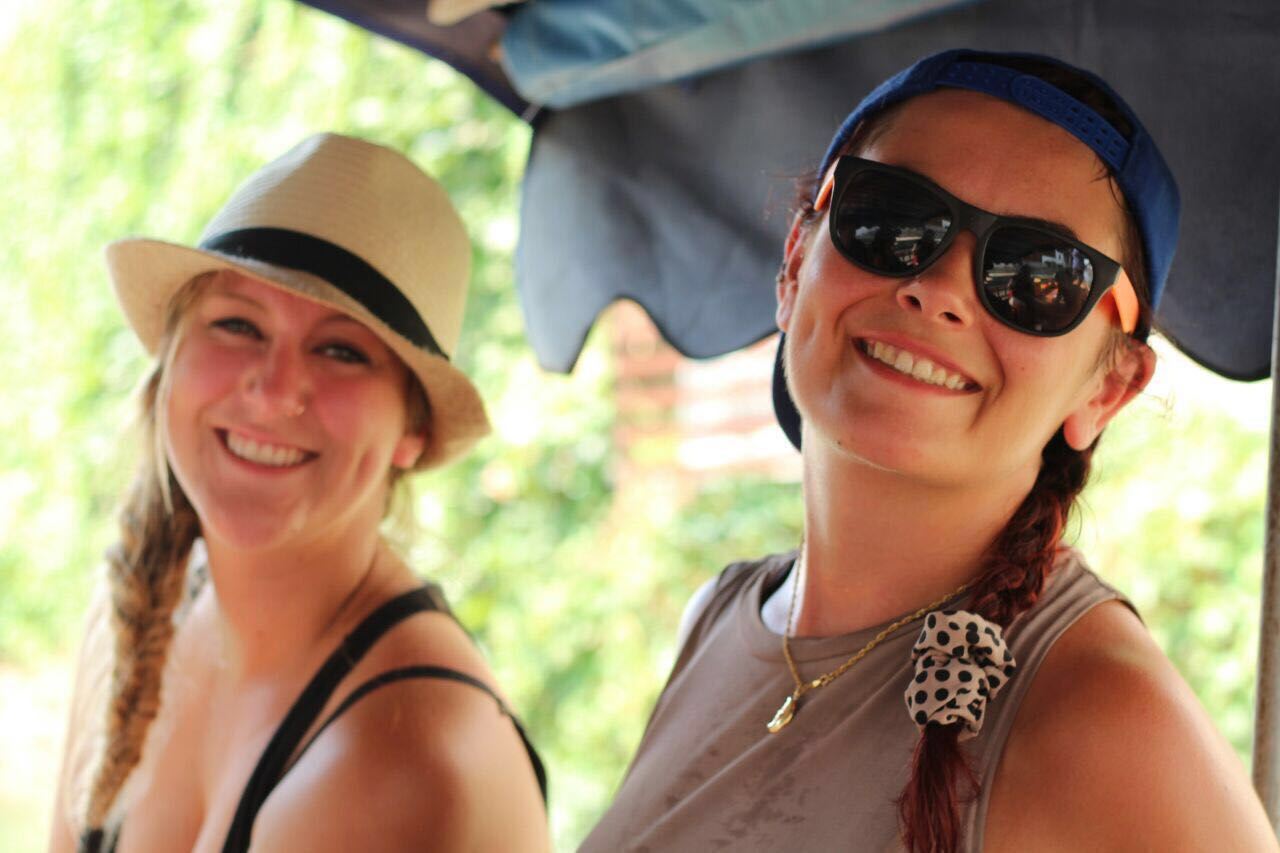
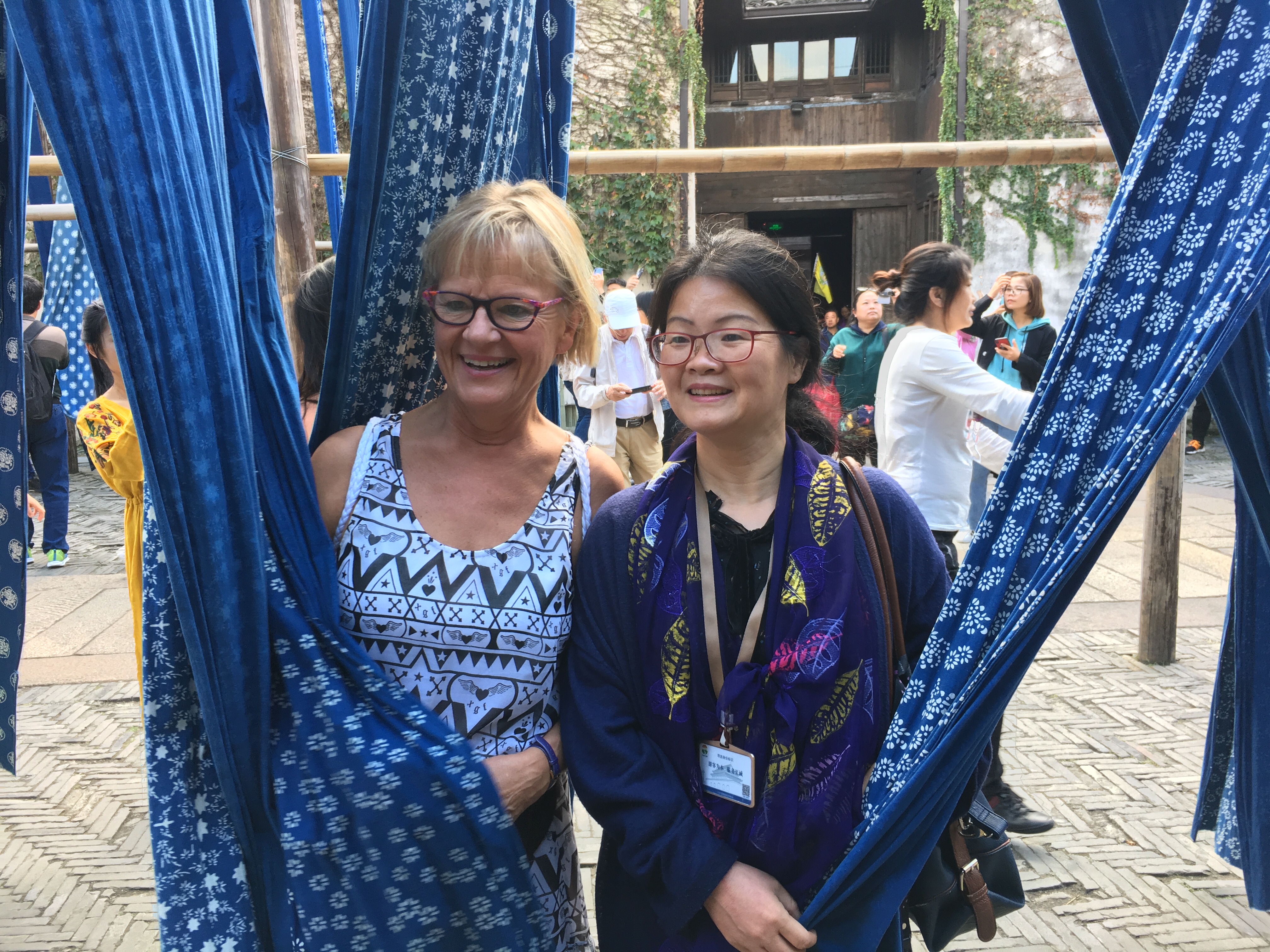
Frequently Asked Questions about planning a China tour from America
1. Is China a safe place for tourists?
China is a safe country for tourists from USA and women don't have to be particularly concerned. However, all single travelers should use common sense and take precautions because being on your own just might single you out for some swindling. Be careful when taking a taxi at night or staying alone in a hotel.
2. What language is mostly spoken in China?
Though English is the second language in China, it is not widely used in most part of China. So if you travel to China from America, speak English for dining or shopping might be diffecult since Chinese mostly speak Mandarin, which is our official and most common speaking language in China. Mandarin is commonly referred to as "Chinese". It is the most commonly adopted Chinese language variant in government, education, business and media. It's also spoken popularly more than any other Chinese language dialects in some cities, such as Hokkien in Fujian and Cantonese in Hong Kong and parts of Guangdong. Tibetan can still found in parts of Tibetan Autonomous Region and it's bordering provinces. In Xinjiang, many Uyghurs still speak Uyghur, a language that comes from the Turkic language family. In the Inner Mongolia province, you'll still be able to find some people who speak Mongolian and can read the traditional Mongolian script.
3. What is Dining Etiquette Differences between China and USA?
You may have had Chinese food in Chinese restaurants in USA There are indeed some differences between China eating and America Eating.
1. Chinese usually eat communally and share their dishes with others. People in Ameica usually enjoy individual servings.
2. Chinese cooks chop everything into bite size pieces, thus people don't need knives to cut it, and just pick up their food with chopsticks while Americans prefer to cook food in big pieces and serve it with knives and forks for cutting it up.
3. People usually don't remove bones in China, and just cut them and the meat into pieces. They cook fish whole. Americans usually eat filleted fish, and meat with whole bones, or no bones.
4. Chinese always cook vegetables — frying, stewing, boiling, and steaming — sometimes with soy sauce, ginger, and garlic. While people in USA like boiling vegetables in water, are virtually unknown in China.
5. People in China traditionally eat at round tables, particularly family meals, as it's convenient to share dishes with others, especially with a lazy Suzy. Roundness symbolizes unity in China. People in America eat at square tables, which is more convenient for individual meals, with long tables for bigger groups.
4. When should American plan a China Tour from America?
China can be visited year-round for peopele from America. China is such a big country with diverse climate, and some areas are better visited at certain times of the year. For example, Tibet and Western Sichuan have comfortable temperatures in the summertime, but most coastal will be scorching at that time of year.
Summer(Jun.-Aug.) in China: Mountainous regions were perfect at this time of year, but most of Eastern China was extremely hot and humid with afternoon thunderstorms. If backpacking China in the summertime, pack light clothes that dry fast. Stay hydrated because you'll be sweating a lot if you're spending time outdoors.
Spring(Mar.-May.) & Autumn(Sept.-Nov.) in China: Spring and autumn are the best time to travel around China. Most cities like Beijing, Xian, Shanghai,etc will be at comfortable temperatures, and mountainous regions will be slightly chilly but not too cold. In autumn, certain parts of the country will look gorgeous as the leaves change colour. If you're able to, you should visit China from America in spring or autumn.
Winter(Dec.-Feb.) in China: Winter in China varies vastly in the northern and southern parts of the country. Hong Kong and other southern cities will be quite comfortable, but Beijing, Harbin and other northern cities sees sub-zero temperatures and the occasional snowfall. Mountainous regions will be snow-covered which may make travel difficult but it will be extramely beautiful. Moreover, air pollution is at it's worst in the wintertime, so if you have sensitive lungs consider avoiding China at this time of year.
5. What's the simple Mandrin necessary to know when travel to China?
Basic Mandarin Chinese words and phrases for visitors from America
1). Hello: Nihao. If there's only one word you learn, this is it. Use this to greet everyone from your taxi driver to your waiter to the receptionist at the hotel front desk in China.
2). Thank you: Xièxiè. And if there's a second word to know, this would be it. Always be a polite American tourist.
3). You're welcome: Bù kèqì. Respond with this if someone says "xièxiè" to you.
4). Good morning: Zao. Instead of saying both hello (nihao) and good morning, you can greet someone with just zao in the morning.
5). Goodnight: Wan an. This is typically used when you're actually going to bed.
Useful Mandarin Chinese phrases for travelers from America
1). How much?: Duo shao? Use this phrase to ask the price of something at a street market in China.
2). Too expensive: Tài guìle! Impress them further by trying to haggle in Chinese — because you're usually given the tourist price first. (Keep in mind that it's appropriate to haggle for souvenirs, clothing, shoes, and accessories in markets, but food is typically a fixed price.)
3). Make it cheaper: Piányí yi dian. Combine this phrase with the one above and you're well on your way to becoming a fluent haggler in Chinese.
4). Very beautiful: Piàoliang. Locals love when you compliment their home country, so feel free to stoke their egos a bit with this phrase. For example, you might tell your cab driver on the Bund, "Shanghai hen piaoliang" or remark to your tour guide, "Guilin hen piaoliang," while admiring the karst mountains. If trying to impress a lady you can tell her, "Ni hen piàoliang." We make no promises about the outcome.
5). Delicious: Hào chi; Very delicious: Hen hào chi. The food is a main attraction in Chinese-speaking countries. Use this phrase to praise your host, the waiter, the chef at a restaurant, or the cook at a street stand. If you're especially impressed with the food, you can even say "Tài hào chile", which means "Too delicious."
6). Check, please: Mai dan. Try saying this at the end of your meal.
7). I don't understand: Wo bù dong. A good phrase to remember as you will likely need it. If someone tell you something, but you don't understand, you can say "Wo bù dong".
6. Is visa required if American are traveling to China?
Yes, the visa is required when American want to visit China. You should obtain the visa before travlling. Americans traveling to China may apply for a multi-entry visa valid for up to 10 years. However, there are cases when the validity is shorter than was requested or expected. To avoid such situation, China visa applicants are advised to have at least a year's validity for U.S. passport.
7. How Much to Tip in China?
Tipping has been a major custom in the USA for a long time. It is not only an importation part of the American culture, but also a way of life in America. Americans in the service industry are typically paid below minumum wage so they reply on tips as a large part of their income. Generally, no one tips anyone in China. Gratuities are not required in China though, it has become very popular norm to tip the tour guide, drivers, waiters and more in recognition of their good service. And if you're dining at a high-end restaurant in China, usually in major cities like Beijing, Shanghai, Xi'an, Chengdu, etc., the expected tip is very similar to what you might be familiar with America.
8. What's Food Culture Difference between China and America?
In America, when a group of friends go out for a meal or for drinks, it is expected that everyone splits the check and pays equally, or each person pays for what he or she had. Also, waiters wait for a few minutes before asking for the order, so as to give the customers some time to decide what they want. It is also customary to tip the person who served you a specific amount in order to show your appreciation.
In China, if a group of friends meets for a meal in a restaurant, it is expected that the one who invites the others, or the one who makes this plan is the one who picks up the tab. In case there is no particular person who has organized the dinner, someone or the other at the table has to insist upon paying for the meal. Splitting the check is not expected. It is, however expected that customers order as soon as they are seated, and tips are not really customary.
9. How to travel from USA to China by Flight?
Normally, the duration of flights from America to China is 14 hours. They are a number of direct flight from America to Beijing, Shanghai, Xian and you can take flight which transit in Hongkong. If you're trying to figure out what time you'll arrive at the destination, you may want to see if there's a time difference between China and America.In general from United States, Air China, United Airlines and Hainan Airlines fly the most to Beijing. The most popular route is from New York, Air China & United Airlines fly this route the most.
10. What is the best way to get around in China?
1). Flying domestically in China is a good way to get around, especially over long distances or if you're short on time. Domestic flights are quite cheap, even cheaper than taking the train in some cases. But flights in China are often randomly delayed due to some reasons. Depending on the route, it may save time to take the train than flight: For example, Beijing to Shanghai is 5.5 hours by high-speed train and costs $80. Flying between the two cities takes 2 hours, but you also need to add some time for airport security as well as getting to/from the airport. In this case, the train makes more sense. However, if you need to cover a large distance (let's say Kunming to Beijing), then flight is a better option. A 3.5-hour flight for $85 makes a lot more sense than an 11-hour high-speed train ride for $165 (or 46-hour slow sleeper train ride).
2). Trains in China are amazing: Outside of the most mountainous places in the country, China is extremely well connected by train.
China got the largest high-speed rail network in the world, and trains are typically very punctual. Trains are a comfortable and easy way to get around while backpacking China. High-speed trains are fast but pricey: The best way to travel quickly between a number of larger Chinese cities – high-speed train numbers begin with a 'G' prefix and typically only offer seating (they run during the daytime, so this isn't a problem). 2nd class is the cheapest option, but it is still quite comfortable enough.
Here are some useful high-speed rail routes:
Beijing – Shanghai – 5.5 hours, $80 for 2nd class
Beijing – Xi’an – 4.5 hours, $74 for 2nd class
Xi'an – Chengdu – 3 hours, $38 for 2nd class
Hong Kong – Shanghai – 8.5 hours, $144 for 2nd class
Hong Kong – Guangzhou – 1 hour, $31 for 2nd class
Guangzhou – Yangshuo – 2.5 hours, $20 for 2nd class
Shanghai – Hangzhou – 1 hour, $10 for 2nd class
For booking trains in China and viewing all available options, recommended web: www.trip.com.
3). Slow train is a perfect option for long overnight journeys
There's something very relaxing about rolling through the countryside with a book and some tasty ramen. You can get almost anywhere in China by slow train. Like the high-speed trains, they're also very punctual. Slow trains typically have three different classes – hard seat, hard sleeper, and soft sleeper.
If you're taking a short ride in the day time, go for hard seat. It's not actually hard, and experiencing a hard seat carriage on a Chinese train is an experience in itself. Hard sleeper is the most common option for long overnight journeys. Like hard seat, hard sleeper isn't actually hard. It's a decently comfortable bunk, there are six beds per section. Soft sleeper is the most comfortable, but also the most expensive option. There are four beds per section, and it has a door that can be closed to keep out any noise from the hallway.
For booking trains in China and viewing all available options, recommended web: www.trip.com.
4). Buses are frequent, cheap, and fairly punctual: If there's anywhere that trains don't go to in China, then buses will.
The main downside to bus travel is that journey times can depend greatly on traffic conditions. Buses also need to stop at road checkpoints in certain provinces, whereas trains obviously don't. Most large cities have a number of bus stations, so double-check that you're going to the right one if you plan on taking buses in China.
11. How to Use a Squat Toilet in China as I never use it in America before?
When you travel to China first time, how to use squat toliet can be a problem since the squat toilets are not seen in America, but it's quite common in China. There are some tips for you to use squat tolite in right way.
Step 1: When you use Chinese bathroom, firstly, you need to bring your own toilet paper.
Step 2: If you're wearing any clothes that are long enough to possibly drag on the floor, make sure you roll that up before going into the bathroom, or the stall. The floors can often be wet – either from recently being mopped, or from patrons' inaccuracy.
Step3: Once inside the stall, you'll want to make sure you're far enough back so your front end doesn't over shoot the front of the toilet (hence, the accuracy problem). Also, you'll want to not be so far back as to overshoot the back of the toilet. Nearly every squat toilet will have raised grooves where your feet should go. These raised grooves help keep your feet from sliding (and theoretically dryer), but be careful, they can still be slippery.
Step 4: Once lined up correctly, and with your feet in the right spots, just bend your knees all the way putting yourself in a backwards N (?) position. You will feel some pressure on your knees, especially after several minutes.
Step 5: Once you're ready to clean up, make sure you place all your paper products in the trash can that will definitely be in the stall with you. Once again, outside of nice. Hhotels and restaurants, most Chinese plumbing cannot handle toilet paper, so if you try to flush it, you may very well cause the whole thing to stop up. This is true even in most modestly-priced hotel rooms. So, use the waste basket for everything.
Step 6: How to flush – Most squat toilets are flush toilets, which means there will be a handle to pull, lever to move, button to push, or some other inventive mechanism to release the water. However, what should you do if you don’t see any of these, and instead there is a bucket of water sitting somewhere near the toilet? If you see a bucket of water, there will usually be a plastic ladle (scooper) inside. The water is (theoretically) clean and the ladle is for patrons to scoop water from the bucket and dump it in the toilet, thereby 'flushing' it. You should definitely use it and dump as much water as necessary.
Of course, most hotels in China have standard Western-style toilets. Public restrooms in big cities usually have at least one Western-style toilet which you can choose if you really hate the idea of a squat style toilet.
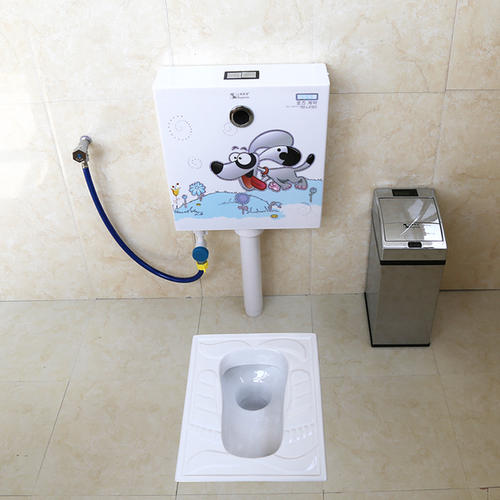
12. Can Americans drink Tap Water in China?
We suggest the tourists don't drink tap water in China when you travelling. The tap water is undrinkable in most of cities in China. All local water should be considered contaminated. Bring all tap water to a good rolling boil if you want to drink, brush your teeth or make ice cubes. Otherwise, buy capped bottled water from reputable brands.
13. Does personal space exit in China?
For cultural norms in America, Americans tend to like a lot of personal space. You may take your personal space seriously in America, and you do not enjoy being too physically close to another person. Anything closer can fell treatening or too intimate. However, with China being so densely populated, most Chinese are used to crampled living spaces and crammed transportation. The concept of personal space is not the same as in the US as the Chinese do not find it offensive to be physically close to someone. Thus, when you travel to China, you may need to care about this.
14. Exchange Rate US Dollar to Chinese Yuan?
The exchange rate between US Dollar to Chinese Yuan is 1 USD to 7.02Yuan. At present, China will accept and convert into Chinese Renminbi such foreign currencies as US dollar British pound, Euro, Japanese yen, Australian dollar, Austrian schilling, Belgian franc, Canadian dollar, HK dollar, Swiss franc, Danish Krone, Singapore dollar, Malaysian ringgit, Italian lira, Macao dollar, Finnish markka, and Taiwan dollar. Exchange rates are issued every day by the State Administration of Exchange Control. Before leaving China, unused Chinese Renminbi can be converted back into foreign currency with a "foreign exchange certificate" which is valid for six months.
15. What are the electrical plugs used in China? Is it as the same as in USA?
The standard voltage used in China is 220V, 50HZ. The electrical plugs in China are different from America. The standard voltage in America is 120V,60HZSome connectors are used in both countries.You will be able to plug the devices directly in China(please read other sections of this reports in regards to voltage, etc.). Perhaps you will need adapters for some sockets, many middle and high-class hotel wash rooms have transformer plugs for electric shavers and hair dryers, but it is better to be prepared with an adapter plug.
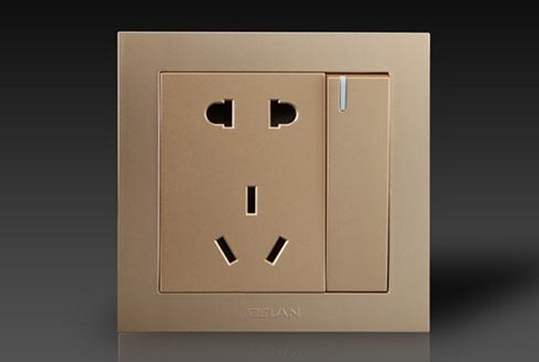
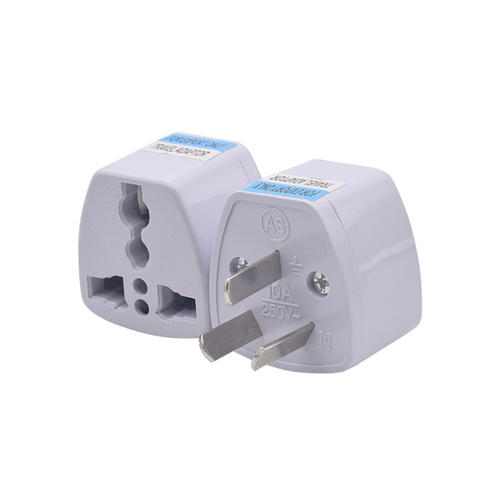
Useful Tips to Know before you are traveling to China from America
Are you planning on traveling to China from America and take an unforgettable trip in this charming country? To ensure that you have a successful trip, Shang Private Tour provide some useful tips that you need to know. For more questions on how to travel from America to China, email [email protected] or call+86 137-3541-1378 for details.
Bring toilet paper
One of the unusual things to know before going to China is that most Chinese toilets do not provide toilet paper. Hotels and nicer restaurants will have it available, but it’s always a good idea to carry a roll of toilet paper or a box of tissues!
Bring hand soap or hand sanitizer
Like toilet paper, hand soap is not standard in many Chinese bathrooms. Carry a small bottle of hand sanitizer with you just to be sure.
Catching taxis in China
Taxis in China are cheap and plentiful. Most drivers will not speak English, so it’s a good idea to get your destination address written in Chinese by somebody at your hotel.
Personal space
China is a crowded place, and the locals have become accustomed to a much smaller personal space than we are accustomed to in the west. Don’t be surprised if you’re jostled or shoved when queuing – it's just part of Chinese culture.
Internet & SIM Card in China
You should get a Chinese SIM card when you arrive in China since internet access in China is restricted – many sites are completely blocked unless you have a VPN. But what about internet access? Actually it is easy to stay connected while in China. If you pick up a local SIM card, you'll have signal basically everywhere you go. Purchasing a China Unicom SIM card is recomended as the other telecoms in China often don't work with foreign phones. Head to a China Unicom shop with your passport and pick a plan. Costs are fairly reasonable, CNY 100 for one week use with unlimited data. As for WiFi in China, WiFi is often pretty slow in China and usually requires a Chinese phone number to connect to it. I’d recommend getting a decent data plan and using that instead.
Tipping Practice for Visitors to China
It is a common practice for visitors to tip the tour guide and driver in recognition of their good service. Hotel bellboy expects your tips as well. It is not customary to leave tips at hotel or local restaurant as the bill usually includes 10-15% service charge.
Taking photos in China
The Chinese love to take photographs, and don’t be surprised if a local tries to snap a sneaky photo of you or even comes up to ask for a picture with you. Like in most other countries, it always pays to ask permission before photographing a person or a government building.
Download Weixin (or WeChat)
China's premier messaging app is Weixin (WeChat in English) and everybody you meet – expats and locals alike – will have it. Download the free app and set it up, as it's a great way to keep in touch with locals who may not have social media like facebook, whatapp.
Most importantly, don't be afraid to get off the beaten track. While Beijing, Shanghai, and Xi'an are worthy of their international fame, there is so much more to China than these cities and their cultural sites. China is a massive country with a rich history, over thirty distinct cultural groups, and a huge variety of landscapes to explore – don't limit yourself to the same few sites everybody else visits.
Bargain in China
At markets in China, bargaining is expected and you may even get lucky when asking for discounts in stores and shopping malls where prices are displayed - it never hurts to ask. When visiting market stalls it's a good idea to shop around before purchasing an item as prices may vary and this then gives you an idea of how much you should be paying. When you're ready to discuss prices, go in low and work your way up to the amount you're willing to pay and don't forget to smile and be friendly - it will get you further.
Pharmacies in China
Chinese pharmacies offer both western and eastern medicine at very reasonable prices. Prescription medication can usually be purchased without a prescription (within reason) by simply providing the pharmacist with your identification.
Finding a doctor in China
Chinese hospitals can be crowded and daunting, but most major cities also have specialized hospitals catering to foreigners living and working in the country. Even in the crowded public hospitals, many doctors will speak English.
Don't be shy in restaurants
Chinese waiters and waitresses aren’t as proactive as you may be used to, so don’t be afraid to throw your hands up and call for the fuyian if you want service. Also be aware that conventional western service is hard to come by. Don’t be surprised if your starter, main, and dessert all arrive at once while your friend still waits for their first dish.
Prev: China Trips From India
Next: China Tours For Seniors
Wechat: Chinaprivatetour
24 Hours Hotline:
+86 137-3541-1378
* Authentic Experiences: Genuine local experiences that immerse you in the true essence of Shanghai and beyond.
* Safety First: Highest safety standards with secure activities and reliable transportation.
* Customizable Tours: Flexible itineraries tailored to your interests and needs.
* Local Expertise: In-depth knowledge of Shanghai and China, offering exclusive insights.
* Professional Guides: Licensed bilingual guides with over 5 years of experience.
* Comfortable Travel: Experienced drivers and well-maintained vehicles for a smooth journey.
* Sustainable Tourism: Commitment to responsible tourism and supporting local communities.
* Customer-Focused: Personalized service and continuous improvement based on your feedback.
* Free Cancellation: Cancel up to 24 hours before travel for flexibility and peace of mind.
* 24/7 Support: Round-the-clock assistance for any questions or help needed.
1 to 1 tailor-made service from our professional travel advisors for the most sophisticated
Constantly excellent reviews for attraction, hotel and service Competitive price
Local experts provide quality tours Best selected knowledgeable local guides Authentic local restaurants
7*24 hours available to create you a worry-free tour. No Hidden Fees and absolutely no pressure to buy. Secured







